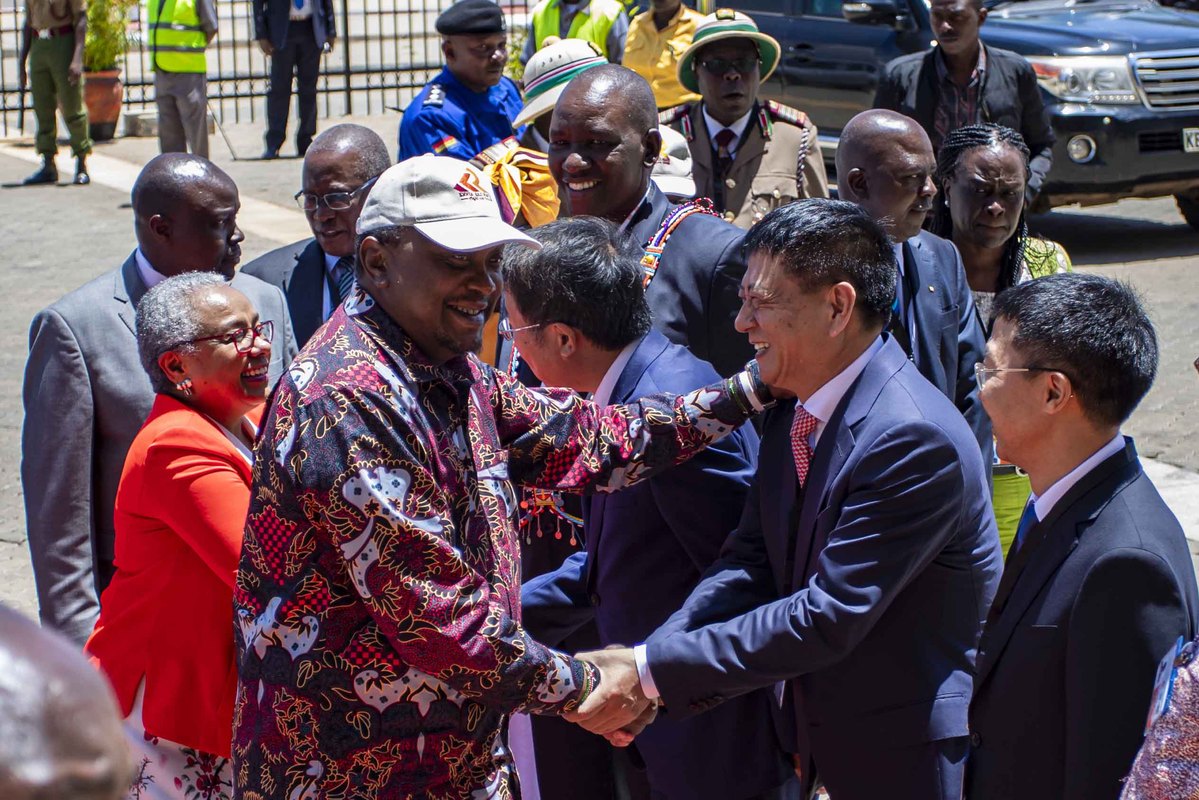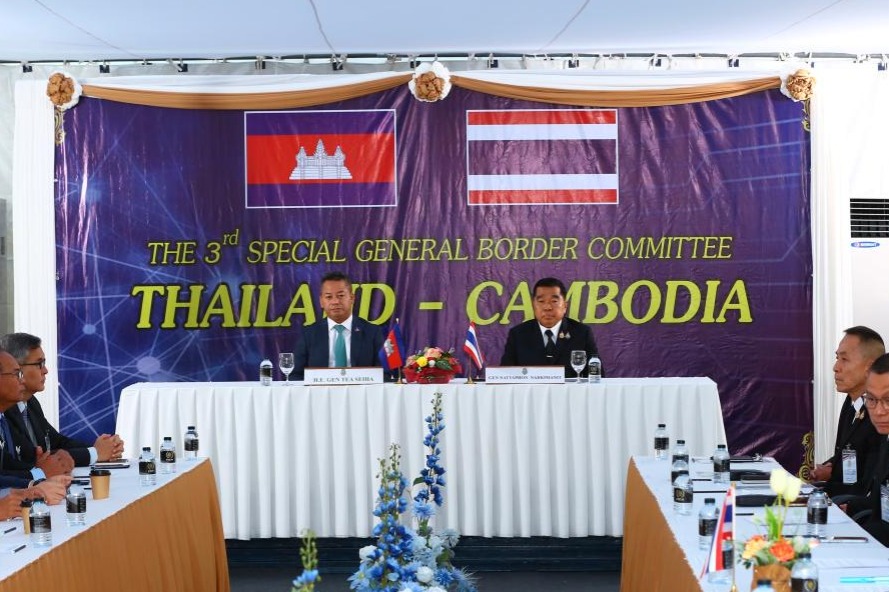Kenya launches three major China-built infrastructures

While inaugurating the $650 million project, Kenyatta said the expressway, together with the Naivasha-Nairobi standard gauge railway and dry port, would spur economic growth and foreign investments.
It is estimated that up to 60,000 vehicles use the JKIA Westland route daily and about 25,000 motorists will use the expressway. Once completed, the new road is also expected to ease vehicle congestion from the Inland Container Depot in Nairobi.
"Congestion of vehicles on the highway from the dry depot has been a hindrance to economic growth," said Kenyatta. He added that this would be the country's first expressway under the public private partnership agreement.
The government has entered into a build-operate-transfer (or BOT) financing agreement with the China Roads and Bridges Company that will run for 30 years. "This is an indication of China's and other international investors' growing confidence to the country's transport ambitions," said the president.

Under the agreement, priority will be given to local content in addition to generating jobs and capacity building for locals.
In his speech, the Chinese Ambassador to Kenya, Wu Peng, acknowledged Kenya's determination to promote infrastructure connectivity, under the guidance of the president's Big Four Agenda that covers universal healthcare, food security, affordable housing and growing of the manufacturing sector.
He noted that this development path has proven effective elsewhere around the world.

"The Chinese government is fully supportive to it, and Chinese enterprises are truly honored to be part of it. Therefore, we proactively implement the expressway with a public private partnership model, we keep our promise to deliver the Nairobi-Malaba SGR Phase 1 project on time, and we encourage Chinese enterprises to invest in the Naivasha Internal Container Depot and Special Economic Zone," said the Ambassador.

































